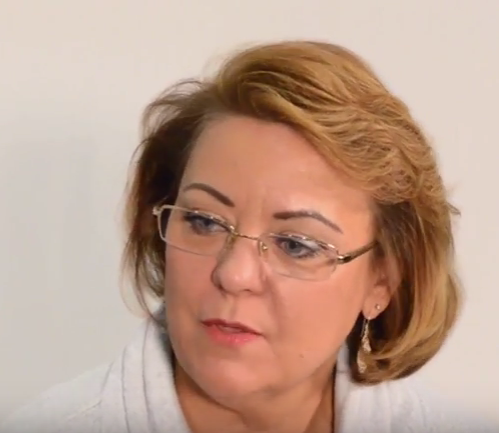There are 90 million baby boomers between US and Canada (baby boomers are people born between 1946 and 1964.) Although this generation is known to spend 2 trillion a year and is said to have a disposable income of $24,000 a year, a significant part of this population is in trouble when it comes to retirement.
Yes, baby boomers want to live forever, we are entering middle age kicking and screaming, and we say we never want to retire because we love to be active but reality shows that many boomers wouldn’t be able to retire even if they wanted to.
First we are big spenders. We like to buy, we love Infomercials, we fall for advertising all the time because we grew up with it, and we don’t save.
- 50% of boomers don’t expect to retire before 65 and 24% before age 70.
- 13% expect to never be able to retire.
- On average most boomers figure they will retire around 68.
According to a survey done by EBRI, here are some staggering numbers when it comes to baby boomers and savings:
- 60% have less than $100,000 in retirement savings
- 43% have saved less than $25,000
- 36% have saved less than $10,000
As a point of reference, of all workers surveyed:
- 76% have less than $100,000 saved
- 57% have less than $25,000 saved
- 46% have less than $10,000 saved
Just to put this into perspective, one night in a hospital could cost you over $10,000
You can add to these grim figures the fact that a lot of baby boomers work because they have to, and not because they are connected to their own higher purpose, and baby boomers want to live their purpose, they care about leaving a legacy, participating and becoming relevant in their communities.
So, is there any hope for baby boomers or is it too late?
If you didn’t start saving early can you still have a confortable life and be finacially free in your late years?
Yes you can if you consider network marketing. Yes, I know, there is a lot of prejudice in this industry, but there is a lot of prejudice in other industries as well. Any car sales people out there?
Network marketing is just a distribution method where your investment to start is usually very low, no prior knowledge or degree is necessary, and a lot of support is provided! Very different than starting your own business from scratch where you have a lot of uncertainties, have to go without a salary every now and then (probably more often than you would like to admit,) you have to erase the word security from your vocabulary, and you have to figure out things on your own all-the-time!
Network marketing offers you recurring income which means you know how much is coming in for the month. It comes when you get sick, or when you travel, or when you spend a week visiting grandchildren.
It is a great way to supplement your retirement income.
Network marketing companies offer a lot of personal growth resources which is always very appealing to baby boomers, but most of all it is a channel through which you can impact other people’s lives, live your passion and feel relevant.
Yes, some people never accomplish anything in network marketing companies, but the sad truth is that for most that is mostly just a matter of attitude and wrong mindset. If you stop to think about it, network marketing has a simple model that is aligned with the sharing economy we now live in.
In the end it comes down to a simple choice: to spend the rest of our life working without being connected with something that really matters to us and be afraid of not having enough in our late years, or to align ourselves with a passion.
Now, in order to save your retirement you need to start fast, and start as soon as you can. Time is our most precious asset and we don’t have enough of it.
Which type of network marketing company should you choose? There are many options out there and the compensation plan is a key point to look at carefully.
Remember that we tend to duplicate with people like ourselves and baby boomers have a new appreciation for a healthy lifestyle. This group spends a lot in diets, supplements and exercise. The diet, nutrition and personal care industry is a 56 billion dollar industry and it is expected to double in the next five years.

Shahar Boyayan is a marketer that specializes in Selling to baby boomers. She hosts a weekly TV show called Boomerology Revealed and yes she is involved in networking marketing.
She has a thriving organization in a Natural healthcare company where we educate people on essential oils. They are phenomenal, affordable and effective. You just educate people.
She is looking for leaders that want to build an organization and have around 1 hour a day to devote to it.
If interested call me at: 801-680-7220 or write: letschat@healthessentialists.com









